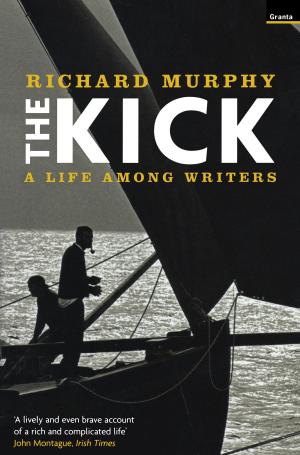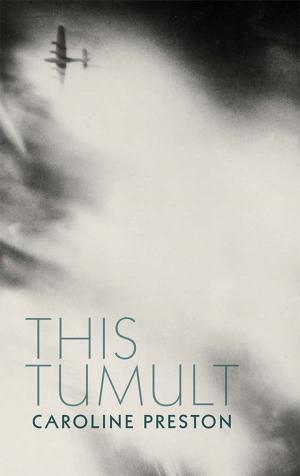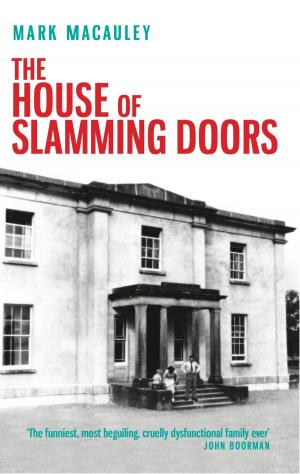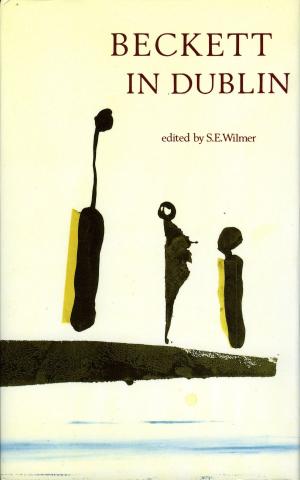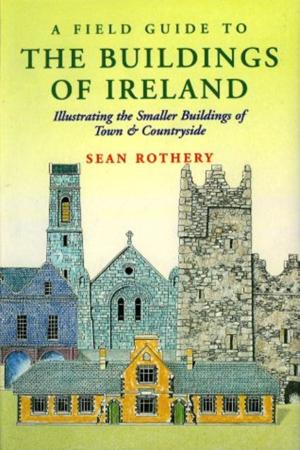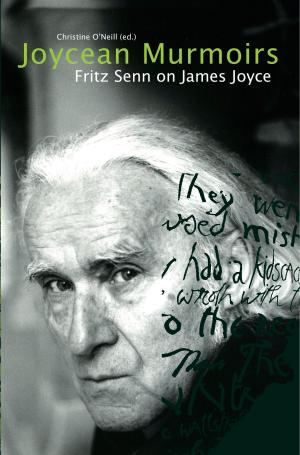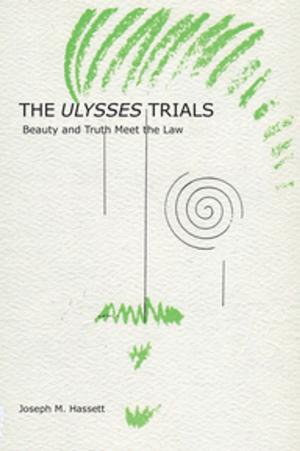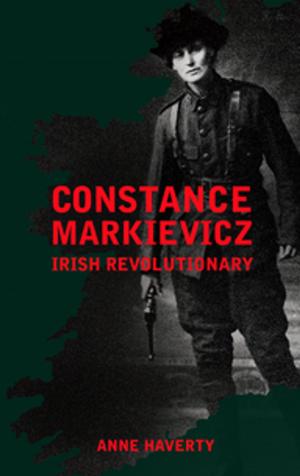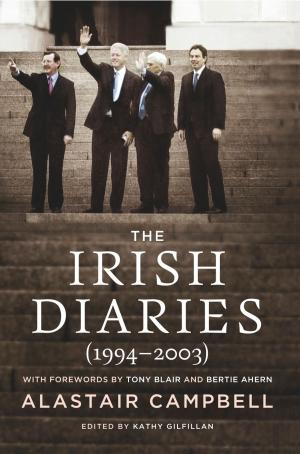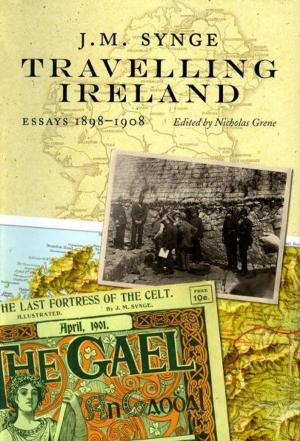| Author: | CS Andrews | ISBN: | 9781843512479 |
| Publisher: | The Lilliput Press | Publication: | September 1, 2011 |
| Imprint: | The Lilliput Press | Language: | English |
| Author: | CS Andrews |
| ISBN: | 9781843512479 |
| Publisher: | The Lilliput Press |
| Publication: | September 1, 2011 |
| Imprint: | The Lilliput Press |
| Language: | English |
In the spring of 1924 I was released from internment where I had been held for a year since the end of the Civil War in what was then the Irish Free State. I was a little over twenty-two years of age.' So begins this extraordinary memoir, in which C.S. ('Todd') Andrews gives a personal history of his varied and distinguished career in public service to the Irish state. The early chapters cover what were, for Andrews and his fellow republicans, difficult years under the government of Cumann na nGeadheal. Andrews describes the ambience of University College Dublin, where he resumed his studies after the end of the Troubles, and writes with insight and sensitivity of the founding of Fianna Fail, which forced anti-Treaty republicans to decide whether to accept the established political order. Andrews chose the constitutional path, and after Fianna Fail came to power in 1932 his working life, which had begun modestly in the Irish Tourist Association and the ESB, was transformed by his appointment as managing director of the Turf Development Board, later Bord na Mona. This visionary enterprise, undertaken in the face of ridicule from those who saw the bogs as an irremediable symbol of backwardness, was immensely successful, and Andrews gave to it nearly three decades in the prime of his life. Andrews' work for Bord na Mona, and later as chairman of CIE and RTE, brought him into daily contact with Eamon de Valera, Sean Lemass and the other leading political figures of mid-century Ireland, and Andrews writes of these men with an analytical and often acerbic eye. He makes a spirited defence of his closure of uneconomic railway lines and of his handling of labour disputes during his tenure at CIE, and rites bitterly of what he saw as the betrayal of Fianna Fail's idealistic origins by those who sought to enrich the party by cultivating big business. Man of No Property is the plain-spoken, often controversial testament of a singular figure in twentieth-century Irish life, and is necessary reading for anyone who wishes to understand the evolution of the Irish state in its first half-century. 'The total autobiography adds up to a sharp and penetrating study of the nature of our society. Reading it forces one to stand up and look around.'- The Irish Times. 'One of the most riveting books I've read for years.'- Sunday Independent. 'Andrews has become an important historical figure, firstly because of his public life ... A second reason for his historical importance is his two memoirs, Dublin Made Me and Man of No Property. They are easily the most complete and truthful accounts of what it was like to have experienced that extraordinary epoch in Irish history; nothing else quite like them has survived elsewhere.'- Tom Garvin, Magill
In the spring of 1924 I was released from internment where I had been held for a year since the end of the Civil War in what was then the Irish Free State. I was a little over twenty-two years of age.' So begins this extraordinary memoir, in which C.S. ('Todd') Andrews gives a personal history of his varied and distinguished career in public service to the Irish state. The early chapters cover what were, for Andrews and his fellow republicans, difficult years under the government of Cumann na nGeadheal. Andrews describes the ambience of University College Dublin, where he resumed his studies after the end of the Troubles, and writes with insight and sensitivity of the founding of Fianna Fail, which forced anti-Treaty republicans to decide whether to accept the established political order. Andrews chose the constitutional path, and after Fianna Fail came to power in 1932 his working life, which had begun modestly in the Irish Tourist Association and the ESB, was transformed by his appointment as managing director of the Turf Development Board, later Bord na Mona. This visionary enterprise, undertaken in the face of ridicule from those who saw the bogs as an irremediable symbol of backwardness, was immensely successful, and Andrews gave to it nearly three decades in the prime of his life. Andrews' work for Bord na Mona, and later as chairman of CIE and RTE, brought him into daily contact with Eamon de Valera, Sean Lemass and the other leading political figures of mid-century Ireland, and Andrews writes of these men with an analytical and often acerbic eye. He makes a spirited defence of his closure of uneconomic railway lines and of his handling of labour disputes during his tenure at CIE, and rites bitterly of what he saw as the betrayal of Fianna Fail's idealistic origins by those who sought to enrich the party by cultivating big business. Man of No Property is the plain-spoken, often controversial testament of a singular figure in twentieth-century Irish life, and is necessary reading for anyone who wishes to understand the evolution of the Irish state in its first half-century. 'The total autobiography adds up to a sharp and penetrating study of the nature of our society. Reading it forces one to stand up and look around.'- The Irish Times. 'One of the most riveting books I've read for years.'- Sunday Independent. 'Andrews has become an important historical figure, firstly because of his public life ... A second reason for his historical importance is his two memoirs, Dublin Made Me and Man of No Property. They are easily the most complete and truthful accounts of what it was like to have experienced that extraordinary epoch in Irish history; nothing else quite like them has survived elsewhere.'- Tom Garvin, Magill

